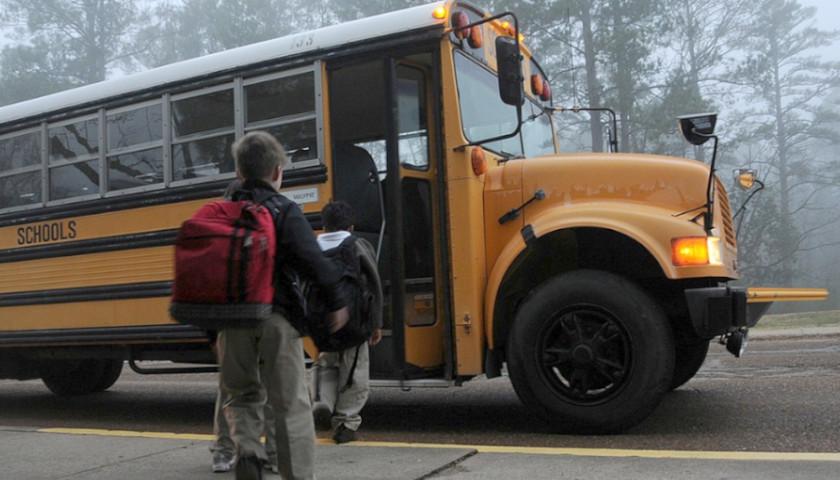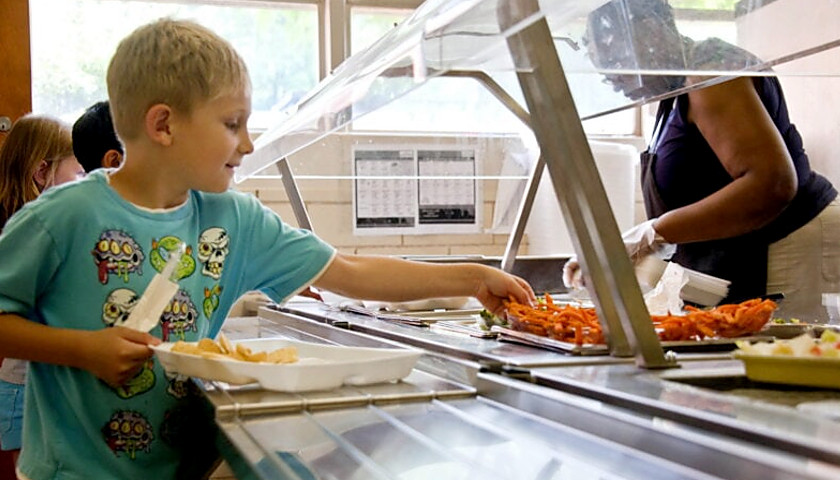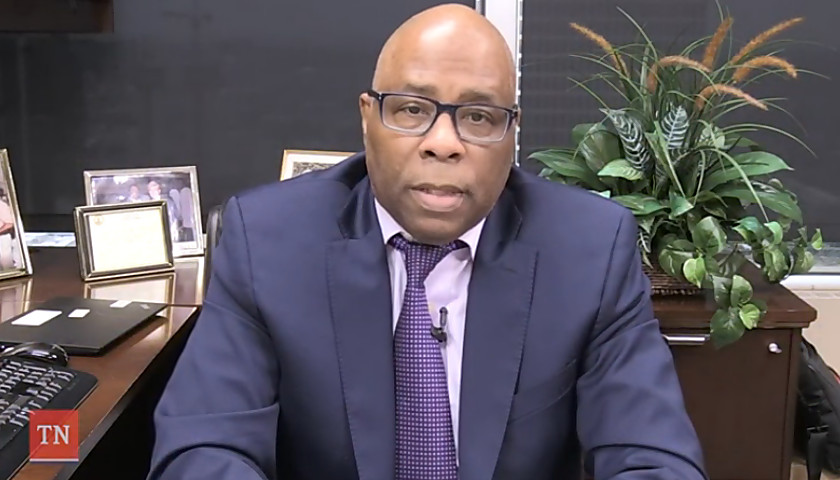The Tennessee Department of Human Services (TDHS) announced Monday that $122 million in taxpayer money will be used to fund “Family First Community Grants.” The grants are available to “public and private organizations dedicated to helping families overcome economic, social and developmental vulnerabilities.”
“We’re here to ensure that all state residents have an opportunity to reach their full potential as contributing members of our community,” said TDHS Commissioner Clarence H. Carter. “For far too long government programs have focused on outputs, rather than the outcomes of the lives of those served. We aim to change the way vulnerable Tennesseans are served by partnering with public and private organizations who recognize public support should be a mile marker in a life’s journey, not a destination unto itself.”
The Family First Community Grant Program was created by the Temporary Assistance for Needy Families (TANF) Opportunity Act – introduced in January 2021 by State Rep David Hawk (R-Greenville) and State Senator Bo Watson (R-Hixson) that was passed and signed into law by Gov Lee in May. The program’s website says it focuses on specific areas such as “Economic Support (Increasing Economic Security), Education (Empowering Parents as Their Child’s First/Primary Teachers), Health and Well Being (Decreasing Psychological Distress), [and] Social Capital (Encouraging Safe, Stable, and Nurturing Relationships).”
Organizations applying for the grants must “serve families (parent/legal guardian with children under the age of 18) that meet Tennessee’s low-income eligibility criteria.” The criteria are explained as “Living at or below the Federal Poverty Level, Eligible for Medicaid, Recipients of, or eligible for, public benefits such as Families First (TANF) or Supplemental Nutrition Assistance Program (SNAP), [be] Part of a coordinated entry system through Social Services agencies and meet the low-income criteria (unemployed or zero income verification), Live in Section 8 housing or low rent public housing, [and] [Be] eligible for National School Lunch Program (free or reduced lunch).”
According to the statement, the TDHS’ Family First Community Grants is the second phase of an initiative and would provide short-term grants to smaller community organizations that share the Department of Human Service’s “vision for fundamentally changing how low-income families are served.”
The TDHS says on its website that the agency “believes vulnerable families should be served in ways that grow them beyond a life of basic survival, frees them from dependence on public support, and empowers them to create their own unique version of the American dream.”
Organizations may submit grant applications through the State of Tennessee formstack website until 5 PM CT, on Friday, February 4, 2022. More information on this and other grants are available in the Families First Community Grant Application Guide.
– – –
Morgan Nicole Veysey is a reporter for The Tennessee Star and The Star News Network. Follow her on Twitter. Email tips to [email protected]






All of this from a “red” state. I am sick and tired of granting a “free” life to those who are not production other than for in the bed.
The grants are available to “public and private organizations dedicated to helping families overcome economic, social and developmental vulnerabilities.”
So basically another extension of the welfare system. Gotcha!
Why do people get special consideration just because they were able to lie on your back and pop out a few ‘tax breaks’ out of wedlock, while the male gets to walk down to the next house and do the same thing again to the next girl? Furthermore, why am I being forced to pay for this?
Very confusing, other then our tax dollars giving free food, free place to live, free public education, and free medical care, what else should we have to give that “empowers them to create their own unique version of the American dream.”
How much child support goes into this?